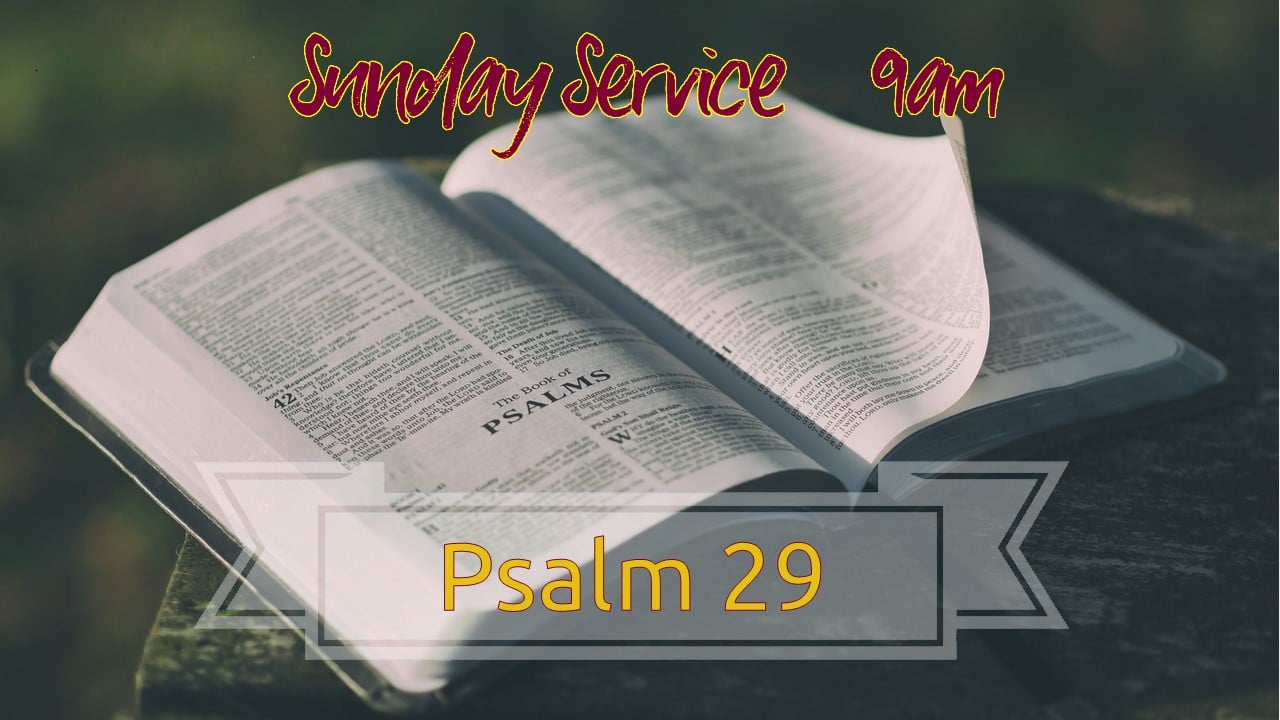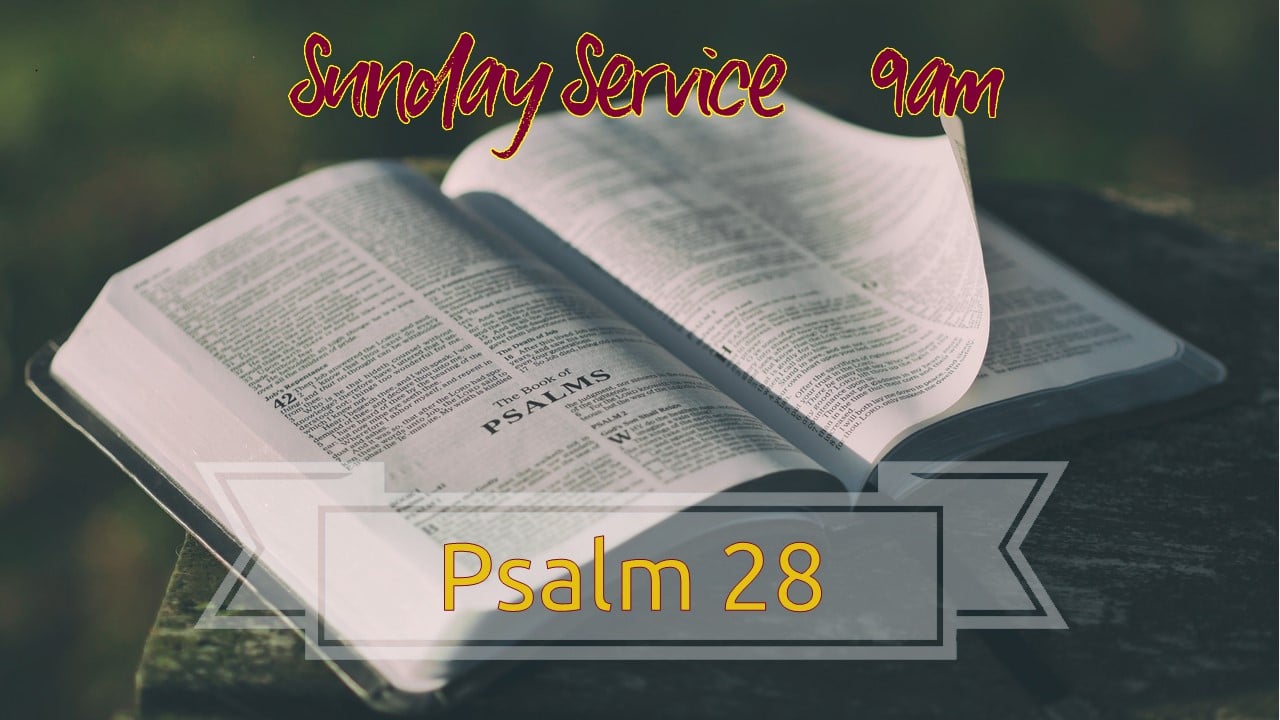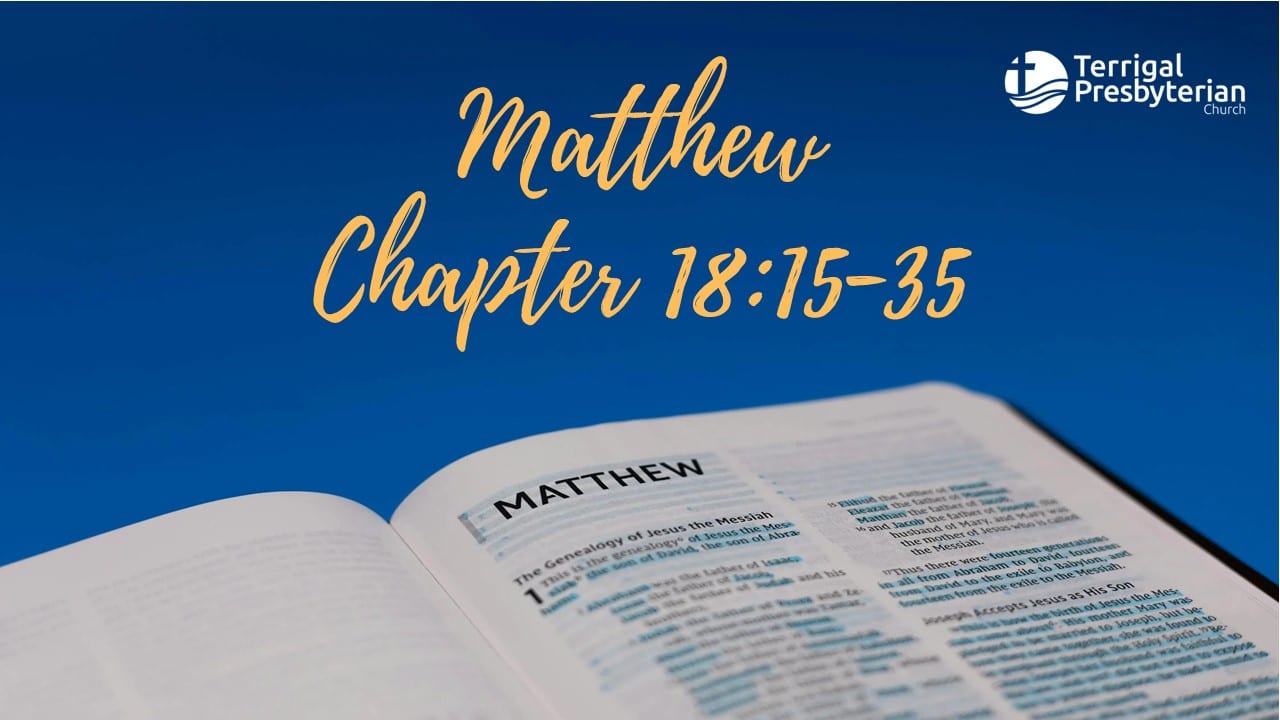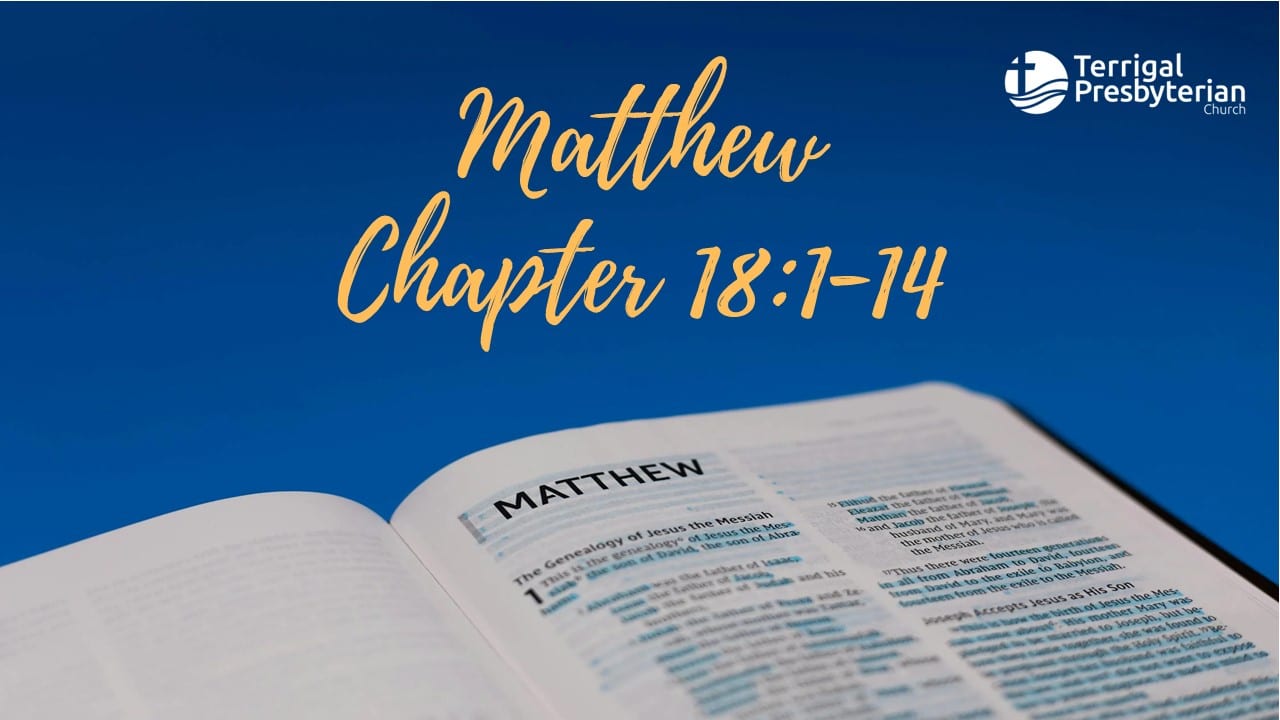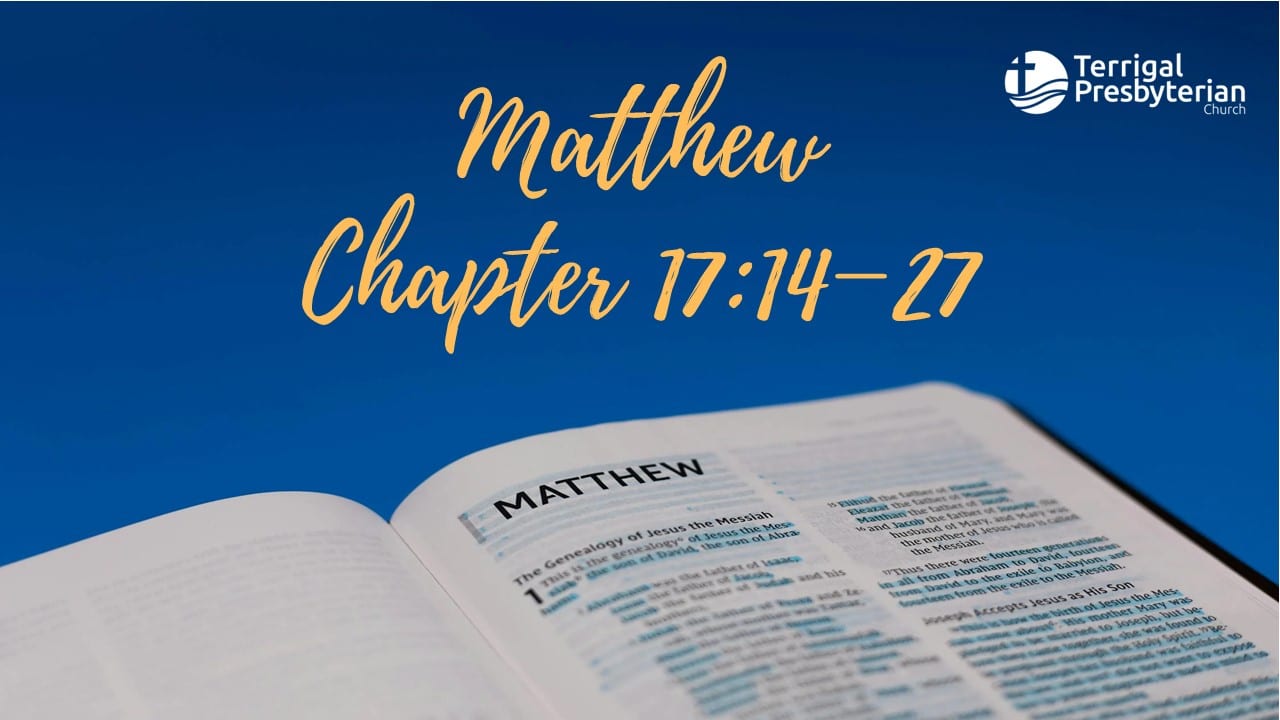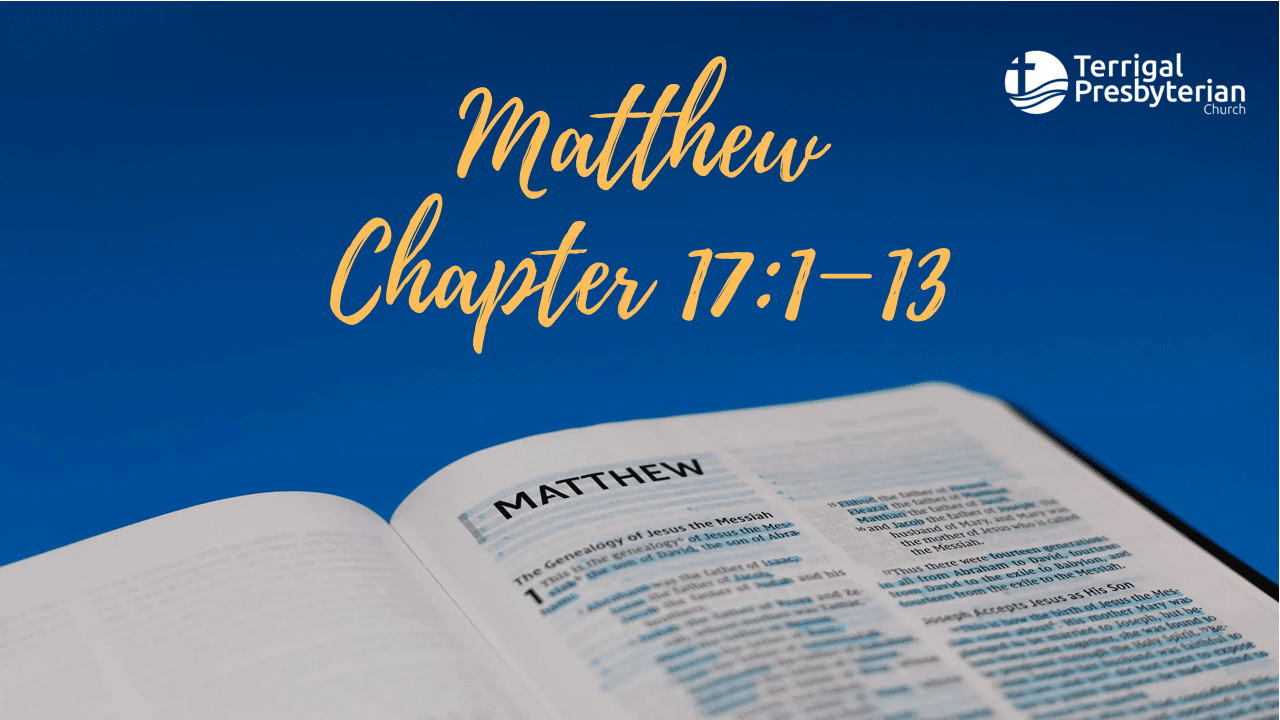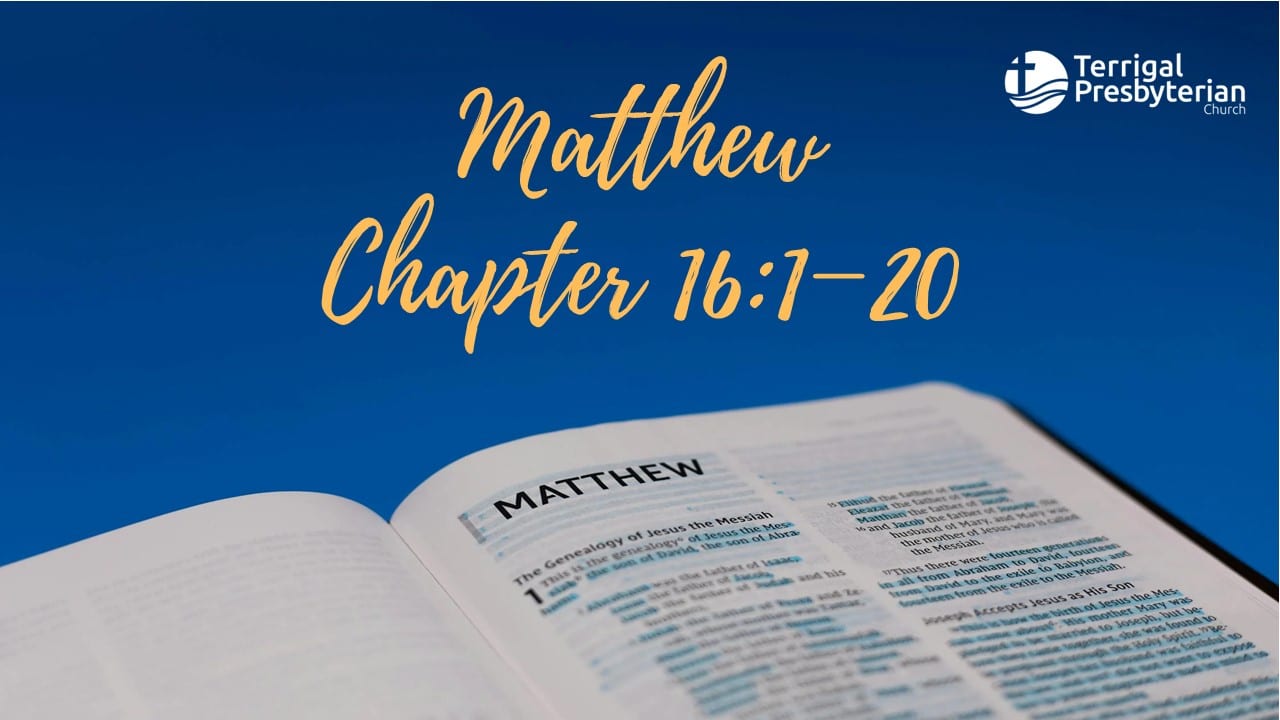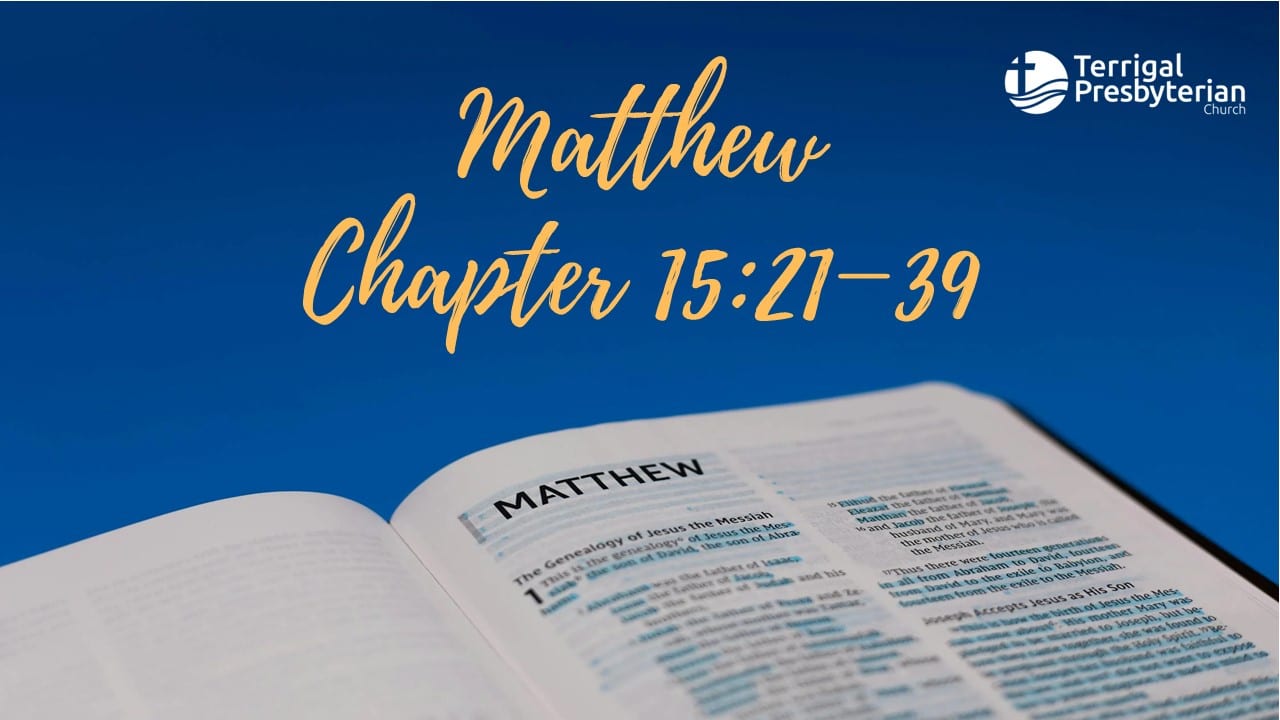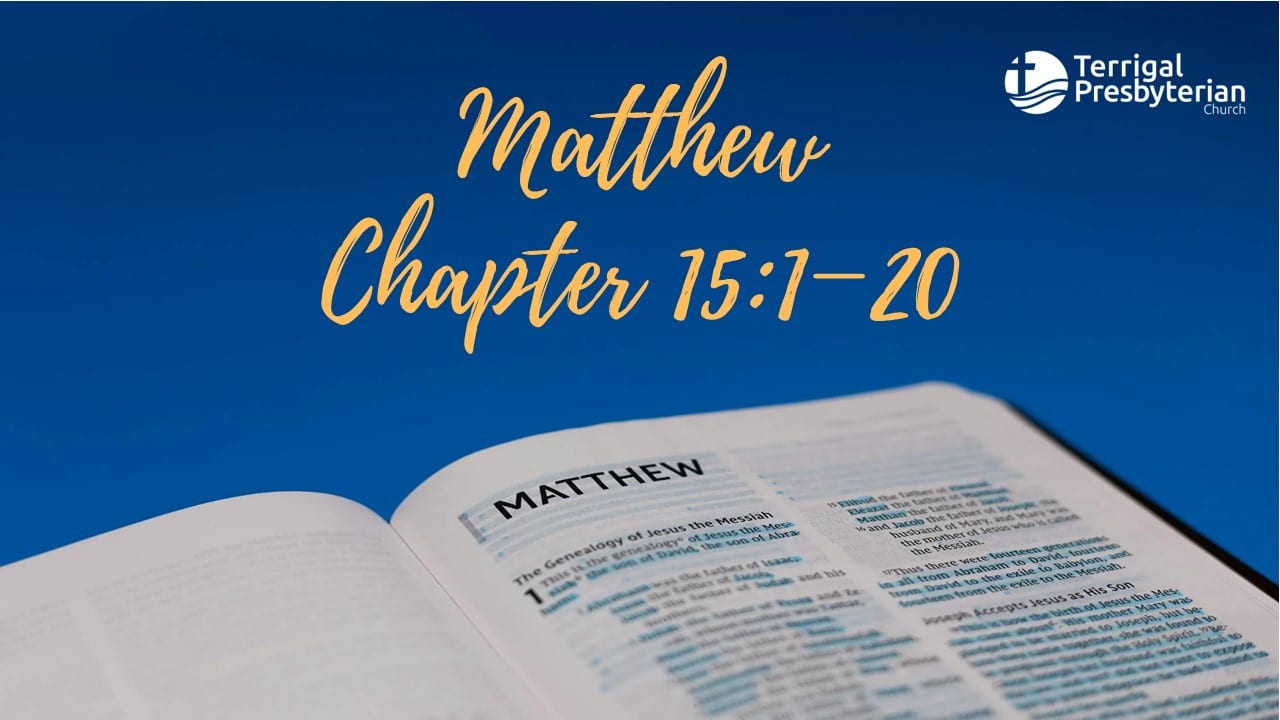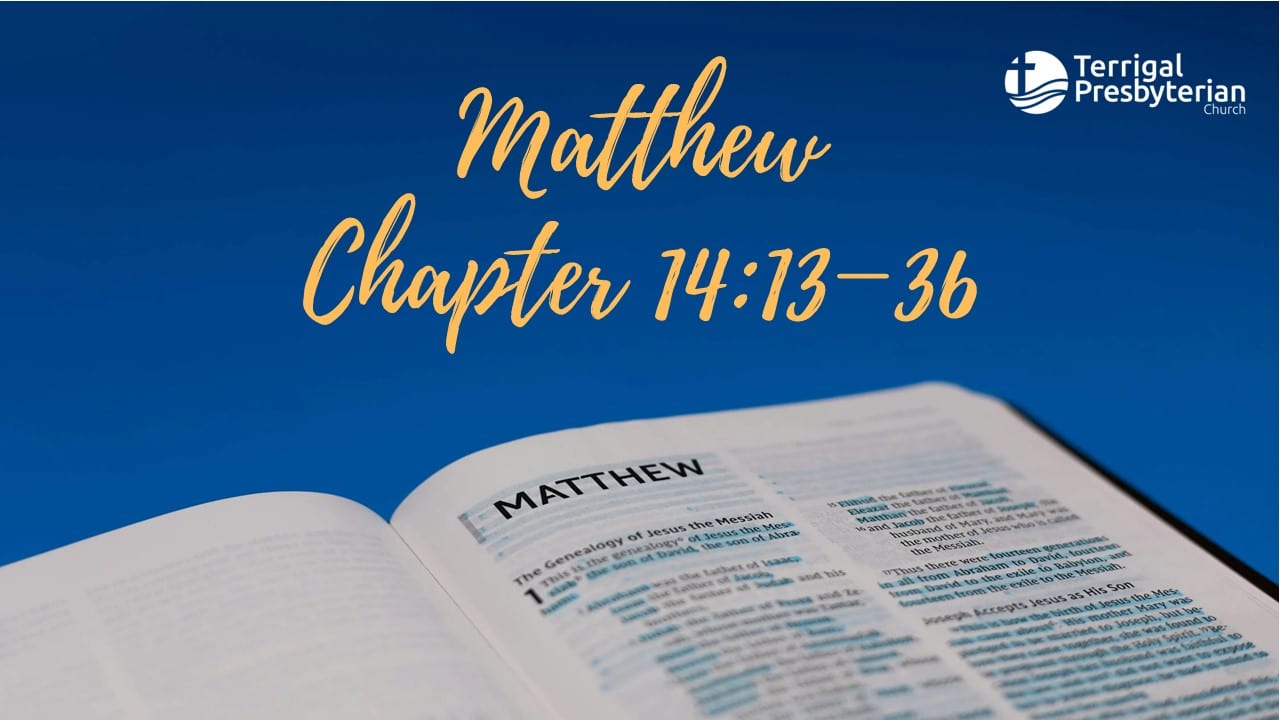Hebrews 12:14-29
Make every effort to live in peace with all men and to be holy; without holiness no one will see the Lord. See to it that no one misses the grace of God and that no bitter root grows up to cause trouble and defile many. See that no one is sexually immoral, or is godless like Esau, who for a single meal sold his inheritance rights as the oldest son. Afterward, as you know, when he wanted to inherit this blessing, he was rejected. He could bring about no change of mind, though he sought the blessing with tears.
You have not come to a mountain that can be touched and that is burning with fire; to darkness, gloom and storm; to a trumpet blast or to such a voice speaking words that those who heard it begged that no further word be spoken to them, because they could not bear what was commanded: “If even an animal touches the mountain, it must be stoned.”
The sight was so terrifying that Moses said, “I am trembling with fear.”
But you have come to Mount Zion, to the heavenly Jerusalem, the city of the living God. You have come to thousands upon thousands of angels in joyful assembly, to the church of the firstborn, whose names are written in heaven. You have come to God, the judge of all men, to the spirits of righteous men made perfect, to Jesus the mediator of a new covenant, and to the sprinkled blood that speaks a better word than the blood of Abel.
See to it that you do not refuse him who speaks. If they did not escape when they refused him who warned them on earth, how much less will we, if we turn away from him who warns us from heaven?
At that time his voice shook the earth, but now he has promised, “Once more I will shake not only the earth but also the heavens.” The words “once more” indicate the removing of what can be shaken — that is, created things — so that what cannot be shaken may remain.
Therefore, since we are receiving a kingdom that cannot be shaken, let us be thankful, and so worship God acceptably with reverence and awe, for our “God is a consuming fire.”
Psalm 29
Ascribe to the LORD, O mighty ones, ascribe to the LORD glory and strength.
Ascribe to the LORD the glory due his name; worship the LORD in the splendour of his holiness.
The voice of the LORD is over the waters; the God of glory thunders, the LORD thunders over the mighty waters.
The voice of the LORD is powerful; the voice of the LORD is majestic.
The voice of the LORD breaks the cedars; the LORD breaks in pieces the cedars of Lebanon.
He makes Lebanon skip like a calf, Sirion like a young wild ox.
The voice of the LORD strikes with flashes of lightning.
The voice of the LORD shakes the desert; the LORD shakes the Desert of Kadesh.
The voice of the LORD twists the oaks and strips the forests bare. And in his temple all cry, “Glory!”
The LORD sits enthroned over the flood; the LORD is enthroned as King forever. The LORD gives strength to his people; the LORD blesses his people with peace.

